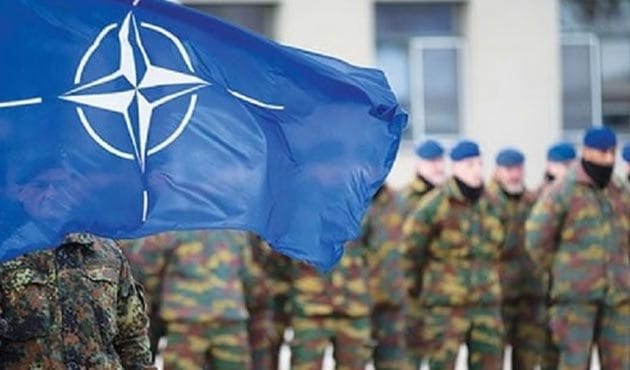The suicide bombing inside a security booth at the United States embassy in Ankara on February 1 that killed a Turkish security guard and severely injured a television journalist who was on her way to meet the ambassador, has revealed once again the complexity and even fragility of Turkey’s political position in the region. Widespread initial speculation about the attacker’s identity and motivation was quickly dispelled when the banned radical Turkish Marxist-Leninist group, the Revolutionary People’s Liberation Party-Front (DHKP-C) claimed responsibility; the bomber himself was Ecevit S¸anli, a long-standing member of the group who had been imprisoned from 1997 to 2001 for a rocket attack on a military club in Istanbul but had been released when he contracted a crippling brain condition during a long hunger strike. The DHKP-C has a long record of such attacks going back to a turbulent period in the 1970s, and was deemed a terrorist organisation after a suicide attack in central Istanbul in 2001. It was also held responsible for murdering a former Prime Minister in 1980 and for a suicide attack in Istanbul in September 2012.
The facts about the bombing may seem unproblematic, but Turkey’s domestic and international policies cause bitter resentment among several sections of its 74 million population, and any one of several groups could have carried out the recent attack, for a variety of reasons. Hardline leftist groups have long opposed Turkey’s collaboration with NATO — the country is a member of the Atlantic alliance — and have gained fresh resolve from Ankara’s help for Washington in the Syrian crisis; Turkey, which favours foreign intervention in Syria, hosts NATO troops and a Patriot missile system near the Turkish-Syrian border. Most of Turkey’s Alawite community, however, are strong supporters of Syria’s President Bashar al-Assad, who belongs to the ruling Alawite minority there. Yet another sect, Turkish Alevis, are disproportionately represented among the country’s Marxist factions. In addition, the Kurdistan Workers’ Party (PKK), led by Abdullah Öcalan, who is imprisoned on an island off Istanbul since 1999, has been involved in a 40-year war for independence that has cost 40,000 lives so far. Istanbul’s security services have been talking with Mr. Öcalan since December 2012, but a political settlement looks as remote as ever. The sooner Prime Minister Recep Tayyip Erdog˘an responds to the justifiable disquiet that Turkey’s domestic policies and international realpolitik generates among substantial sections of its people, the better the prospects of lasting peace in the country and region.
via The Hindu : Opinion / Editorial : Erdogan should talk Turkey.
